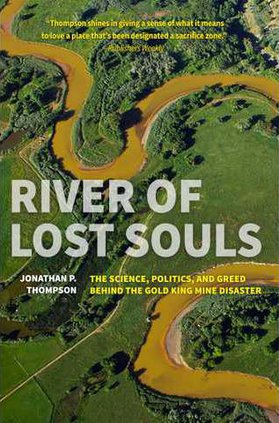Some problematic ducks will soon be removed from various areas throughout Richmond Hill after a decision by the Richmond Hill City Council.
At its regularly scheduled meeting Feb. 7, the council unanimously approved a contract with the United States Department of Agriculture for the removal of Muscovy ducks from areas in the city.
The ducks have caused problems citywide, Parks and Tree Department Director Harvey Lashley said. But the ducks are more of a headache in the Piercefield Forest area, Mainstreet Subdivision and Plantation Apartments.
“The USDA came out and spent some time looking at this and they think we have a real problem,” he told the council.
Lashley said these ducks are a very “hardy” breed that is not indigenous to this area. They are also reproducing at an “alarming rate,” he said.
“Numerous times we’ve driven through subdivisions and counted from zero to 90 in just a matter of minutes,” he said. “These ducks will be under your cars nesting, behind your shrubbery and they’ll eat your cat food.”
Not only are the ducks a nuisance in neighborhoods where people have built small fences to keep the ducks off their door steps, Lashley said, they also pose a problem for traffic.
“You’ve probably seen the duck crossing signs over on Harris Trail and sometimes these ducks are run over—they’re a hindrance to traffic,” he said.
Council member Jan Bass also noted the potential health hazard associated with the large quantities of ducks.
“The feces that is all around these neighborhoods is just not acceptable,” she said.
Lashley said the ducks will be removed by a number of methods to include trapping, netting, or any other way the USDA deems appropriate.
Richmond Hill resident Nancy Baker also voiced concern about the ducks. She said people need to be educated about the problems they can cause.
“I know a lot of people like to feed the ducks, but the problem is if you’re feeding them, you’re breeding them,” Baker said. “Our neighborhoods are perfect habitat for them — they have food, they have shelter and they have protection. I’m afraid if you don’t address those issues, within three months you’re going to have another duck problem.”
Mayor Harold Fowler told Baker that the duck problem was something the city was going to have to stay on top of. He also said the USDA has more authority to go in and remove the ducks than the city does.
Ducks raising dander in R.H.


Sign up for our e-newsletters


